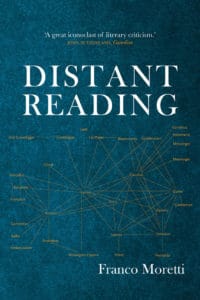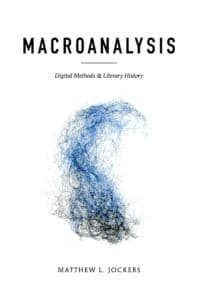In Winter Quarter 2016, the MA program in New Media Studies (NMS) will offer NMS 580: Markup and Text Encoding in the Humanities, a core course in the new certificate in Digital Humanities. Though the course has an NMS course number, the instructor, Prof. Antonio Ceraso, hopes it will also draw students from the MA in WRD and humanities disciplines such as English and history—all of whom can benefit from the new tools and perspectives the course offers.
In NMS 580, students will learn to analyze texts using digital tools and methods. Ceraso says that one aim of the course is to look at a running analysis of texts in order to “see what they do when we subject them to particular types of analysis.” Rather than the close-reading techniques historically used to make sense of texts, students in NMS 580 will use software to conduct “macroanalysis” of texts. Among the tools taught will be XML, a markup language used in technical writing, and R Software Environment, which is used by publishers like the New York Times to create data visualizations.
Students in NMS 580 will have the opportunity to encode a text of their choice for one project, and the final project is open to a variety of options based on student interests and goals.
The books used in Markup and Text Encoding in the Humanities will frame the techniques students use in the course. Both Macroanalysis, by Matthew L. Jockers, and Distant Reading, by Franco Moretti, present arguments for why we might reconsider how we typically analyze literature, and how new methods help us to see texts anew.
When asked about his personal goals for the course, Ceraso explained his desire to see more students on the path to the certificate in Digital Humanities, the methods of which are used in a variety of disciplines and professions. He also hopes to offer a new analytical perspective to students in NMS, WRD, English, history, and other humanities disciplines, as well as the opportunity to work with literature, which is not typical in the NMS and WRD programs. Allowing students to apply their own interests and “run them through the engines” of Digital Humanities, this course would be a great choice for anyone interested in professional/technical writing, digital and new media publishing, or the Digital Humanities Certificate.

